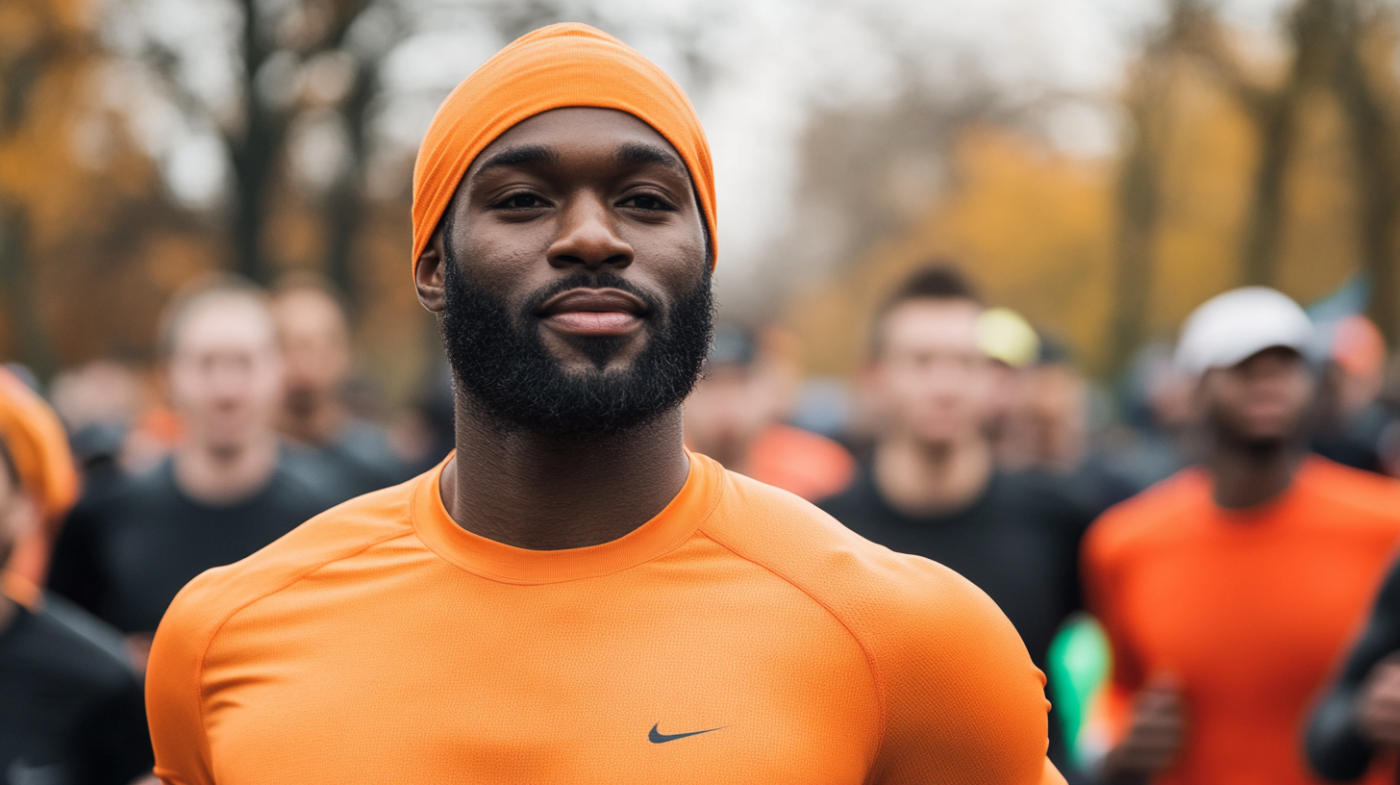blog
How AI and Music Are Revolutionizing Interval Training: A Runner’s Journey
In the evolving landscape of fitness technology, artificial intelligence and music are transforming how runners approach their training. Today, we’re diving into how these tools are helping one ambitious runner – me, is it weird to write about me in 3rd person? – optimize their interval training for impressive goals: a sub-20-minute 5K and a sub-4-hour marathon.
The Power of AI-Driven Interval Training
Modern runners are leveraging AI to perfect their interval training routines. By focusing on 200-meter intervals at specific paces (in this case, 8:00-8:30 per mile), athletes can fine-tune their performance with unprecedented precision. AI coaching platforms – in this case, literally ChatGPT – provide real-time feedback on pace, effort level, and recovery periods, making every workout more effective.
Syncing Steps with Beats: The Music-Cadence Connection
One of the most innovative approaches emerging in running technology is the use of music for cadence training. Simply upload a screenshot of your last few workouts, including heart rate and cadence and ChatGPT can:
– Analyze your running rhythm
– Match songs to your optimal cadence
– Help you adjust tempo in real-time to maintain consistent pacing
– Suggest personalized (your favorite genre!) songs or playlists that align with different training intensities
Rock music, in particular, has proven effective for maintaining high-energy intervals while working toward specific pace goals. (These intervals to music workout sessions have worked so well for me that now during the last portion of a 5k or 10k race, I simply say “Siri, play intervals playlist on Apple Music” and I get a set of songs with an aggressive tempo to help me finish strong.)
Technology Meets Traditional Coaching
While AI provides valuable data-driven insights, the human element remains crucial. I love going to in-person run groups and asking more experienced runners for tips and feedback. Using ChatGPT as a “virtual” coaching platforms now enable runners to:
– Get personalized feedback on interval techniques
– Receive specific guidance on effort levels for different distances
– Track progress toward time-based goals
– Adjust training plans based on performance data
Setting Smart Goals with AI Support
Our runner’s journey – again, me – illustrates how technology helps structure progressive goals:
1. Near-term focus on perfecting 200-meter intervals
2. Building toward a 10K race
3. Preparing for the Tacoma Half Marathon in May 2025
4. Ultimate goals of sub-20 5K and sub-4-hour marathon times
Key Takeaways for Tech-Savvy Runners
The integration of AI and music in interval training represents the future of running performance. By combining smart technology with traditional training principles, runners can:
– Optimize their cadence through music-driven workouts
– Receive real-time feedback on pace and form
– Track progress with unprecedented accuracy
– Maintain motivation through data-driven goal setting
Whether you’re training for your first 5K or pushing for a marathon PR, these technological tools can help you train smarter, not just harder.
Looking to elevate your running game? Start incorporating AI-powered training tools and music-based cadence work into your routine. Your next PR might be just a few smart intervals away.
Keywords: AI running coach, interval training technology, running cadence optimization, smart fitness tracking, music-based training, running performance technology, virtual running coach, smart interval training

